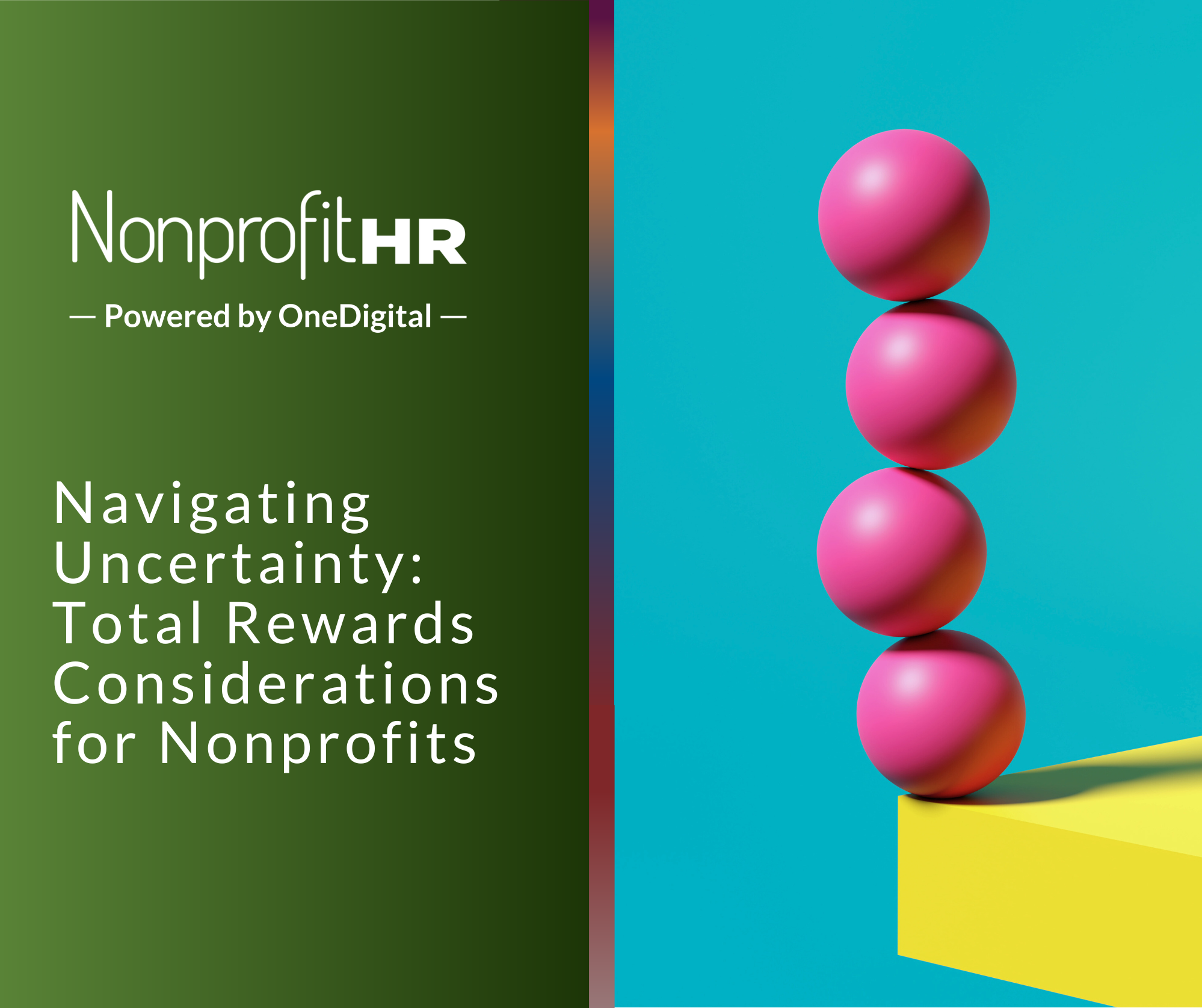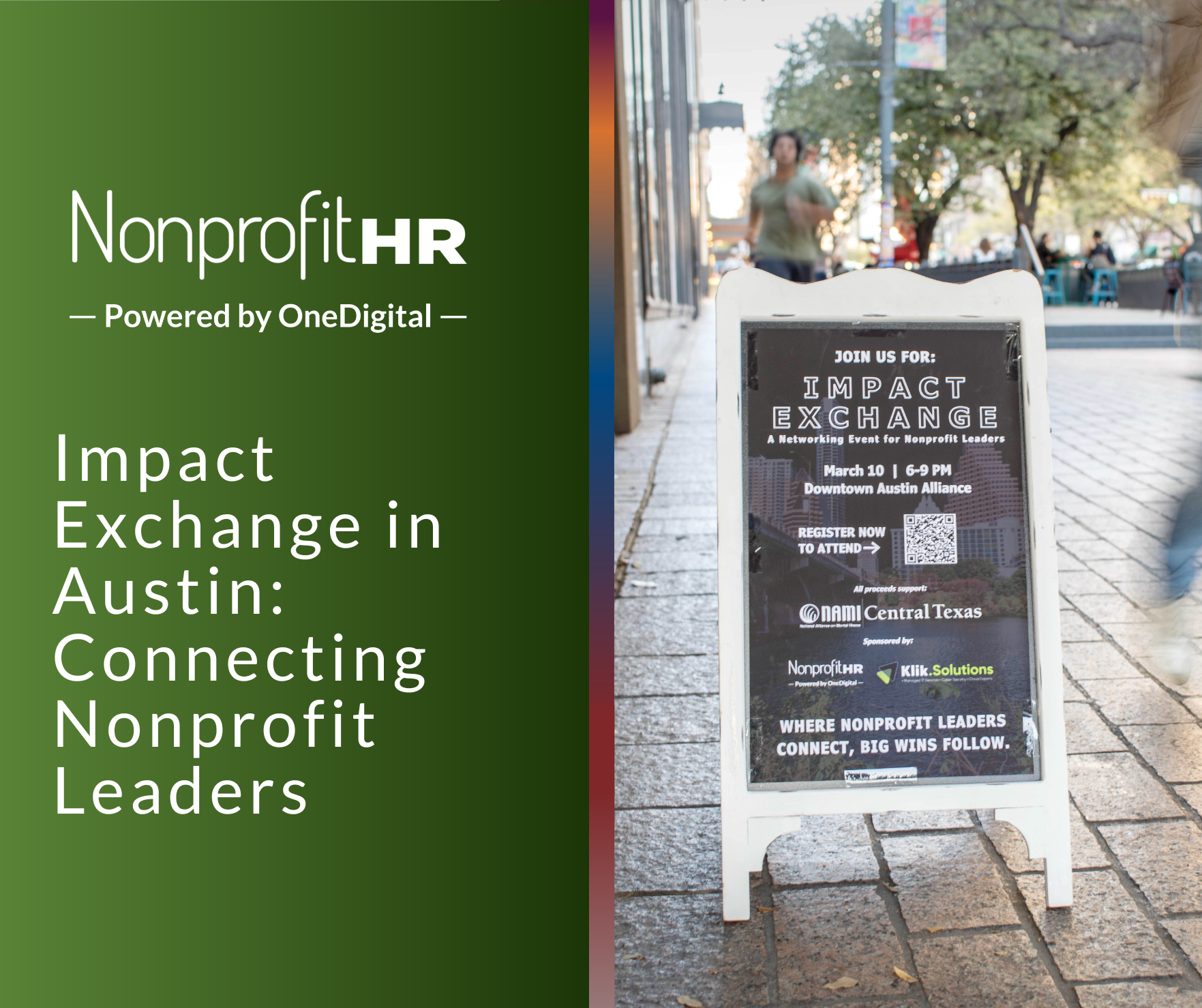WTOP: 5 ways nonprofits can…
“Resiliency is the foundation for all business models.” – World Economic Forum
Let’s face it. We live in one of the most volatile, uncertain, complex and ambiguous (VUCA) environments in recent human history. The year 2020 threw punches our way that tested the limits of our very society and 2021 has not relented. In times like these, organizational resilience and agility are more important than ever. Those companies that have been able to weather the storm, pivot creatively and come back stronger are the ones that are set up for success in the months and years to come. For social enterprises, this way of being is nothing new. Resilience, flexibility and tenacity have always been fundamental to their DNA, as they work with the most vulnerable communities to solve the world’s greatest challenges.
As champions of the social enterprise ecosystem, SITA caught up with two social enterprise leaders to hear more about how their organizations have navigated the pandemic. We learned about the resilience of their ventures over the past year and the lessons they are taking away from the experience.
The Agility of Juma Ventures
We sat down with Adriane Gamble Armstrong, CEO of a national employment social enterprise called Juma Ventures. Juma is all about breaking the cycle of poverty by paving the way to work, education and financial capability for youth across America (especially those youth who have experienced houselessness, been involved in the foster care system or have a criminal justice history). A signature feature of Juma’s program is the wage that youth earn while working at one of Juma’s concession businesses in major sports stadiums and entertainment venues across the country. In addition to this “Juma job,” the company provides youth with job skills training, financial capability workshops, career tours and coaching, one-on-one mentorship and access to a strong alumni network.
With their traditional programming so heavily tied to in-person events, COVID-19 and the shutdowns that came with it were a huge shock to the Juma system. Adriane shared how the “stadiums were shut down on a Wednesday, the schools were closed that Thursday and Juma was forced to close its offices (also used as a programming/safe space for Juma youth) that Friday.”
In the face of this chaos, the staff responded with admirable resilience. They worked from home and meticulously followed COVID-19 guidelines in order to keep themselves and their communities healthy. They worked with funders on a plan to sustain the organization financially throughout the crisis. And, most importantly, they were an anchor for the youth they serve in a time when so much was unknown.
Juma provided its young adults with opportunities to gather virtually in community, it served as a trusted resource for accurate health-related information, and it fought to continue paying and providing programming for its youth despite the social upheaval.
Juma even used the new normal as an opportunity to completely rethink its operations. With the stadiums closed, extra capacity, bandwidth and resources were made available that usually would have been tied up in managing the youth at their stadium jobs. The Juma team used this extra capacity to totally revamp their workshop curriculum, evaluation practices, DEI initiatives and post-program youth support services.
This collective showing of resilience in the face of immense challenges brought unprecedented success to Juma. The team saw the highest youth engagement rates in their program’s nearly 30-year history, and 97% of Juma youth said they would recommend the program to a friend.
Adriane raved about her team’s response to her calls for keeping staff healthy, making sure the youth were supported, and ensuring that Juma was still around when the dust settled. It was refreshing to hear Adriane celebrate her team’s successes like this, and it just goes to show the powerful things that can happen when leaders prioritize, challenge and trust their people.
Resilient ReGrained
We also connected with Dan Kurzrock, Co-Founder and Chief Grain Officer at upcycled food startup and certified B Corporation ReGrained. ReGrained is a pioneer in the upcycled food space, which is a sector that “creatively reuses food byproducts to unlock their highest value as better for you and better for the planet ingredients and products.” In ReGrained’s case, it rescues the nutritious grain that is created every time beer is brewed and turns it into value-added premium ingredients that ReGrained then sells business to business as well as uses in some of its own branded products.
ReGrained has used its flagship ingredient SuperGrain+ to make nutrition bars for years, and at the very start of 2020, ReGrained was in the middle of gearing up to launch its brand new snack puff product.
Unfortunately, as with many things in 2020, March brought with it a significant roadblock to the company’s snack puff launch plans. As Dan describes it, “I was literally about to board a plane to one of the biggest trade shows for food in the U.S. when the shutdowns started going into effect.” With the trade show cancellation, ReGrained lost out on a crucial networking opportunity with distributors and retailers at a time when those relationships were needed to get its puffs onto shelves. The company also had to pause construction of its brand-new manufacturing facility that was set to be completed in Berkeley, CA.
ReGrained was left at an important juncture—its next moves would determine the company’s ability to survive this chaotic global challenge. The company’s leadership team sat down together and thought about what was truly essential to the business. They decided to pivot their puff product launch to a fully e-commerce model, while at the same time phasing out their nutrition bar product line. In addition, ReGrained began to organize an equity crowdfunding campaign to launch later in summer 2020. This bold and resilient strategy worked! ReGrained enjoyed record setting sales months, driven by the e-commerce roll out of its puffs. In fact, the puff launch went so well that the company sold out of the product and had to increase its production for another batch. As for that crowdfunding round? They raised $740,000 from over 810 investors! This fundraising amount is 2.5 times more than the average successful equity crowdfunding campaign in 2020.
“It starts with our team,” insists Dan. “We’ve been able to overcome the obstacles of the last year because we lean on each other for support, trust each other to pivot when the moment demands it, and have developed a scrappy, can-do culture within our organization.” The company’s small group of staff all had a part to play in ReGrained’s refocusing process, and they have come out the other side well equipped to tackle any new challenges that come their way. The future looks bright for ReGrained as it plans to leverage its renewed sense of focus, battle-tested agility and exceptionally resilient people to thrive in the second half of 2021.
The Most Important Asset of All: Your People
There is a fundamentally human aspect to working and operating in the social enterprise ecosystem. Whether you are the leader of a national nonprofit social enterprise like Juma or the head of an emerging startup social enterprise like ReGrained, your people are your number one asset. The passion of your people is what drives your mission forward every single day; their resilience is what gets you through the seemingly insurmountable challenges that may come your way. In these complex and ever-changing times, those social enterprises that lean into the collective resilience of their people will have powerful stories to share and will be the organizations that thrive in the years to come.
Seeking HR support for your social enterprise? Visit gosita.com to learn more about our partnership and work with social enterprises!
About Social Impact Talent Advisors
Founded in October 2019, SITA by Nonprofit HR is a collaborative. Our parent company, Nonprofit HR, has been serving the talent management needs of the social impact sector for over 20 years. SITA brings Nonprofit HR’s extensive people management expertise exclusively to the social enterprise community. We address critical human resources needs in direct partnership with social enterprises, foundations, social enterprise incubators and impact investors.





























